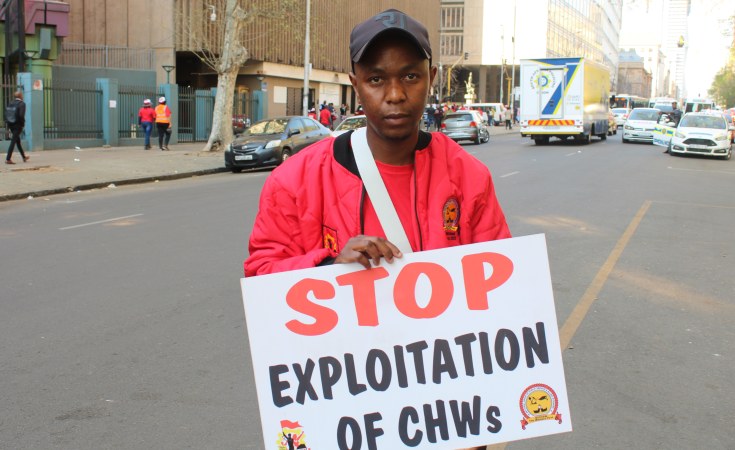The Department of Public Service and Administration (DPSA) warns that it will apply the 'No work, no pay" principle to public servants taking part in the strike called by the South African Federation of Trade Unions (SAFTU) and Congress for South African Trade Unions (COSATU).
The unions served noticed to the National Economic Development and Labour Council (NEDLAC) to embark on a socio-economic protest action in all sectors of the economy, including the public service.
The protest action started on Tuesday evening and continues today.
"The DPSA cautions that while protest actions are protected by the Labour Relations Act, those employees who fall within the essential services are prohibited from participating in these protests during working hours.
"The department has provided government departments with guidelines to apply the principle of 'No work, no pay' to manage those public servants who intend to participate in the strike action and to put the necessary contingency plans to deal with service delivery disruptions," the department said.
The department says the principle of 'No work, no pay' will apply for absence for a full day, as well as part of a working day.
In addition, leave will be strictly managed, and no leave will be granted unless under extreme and compelling situations.
"Government is committed to improve productivity in the public service whilst prioritising the fight against poverty, unemployment and improved service delivery," the department said.


